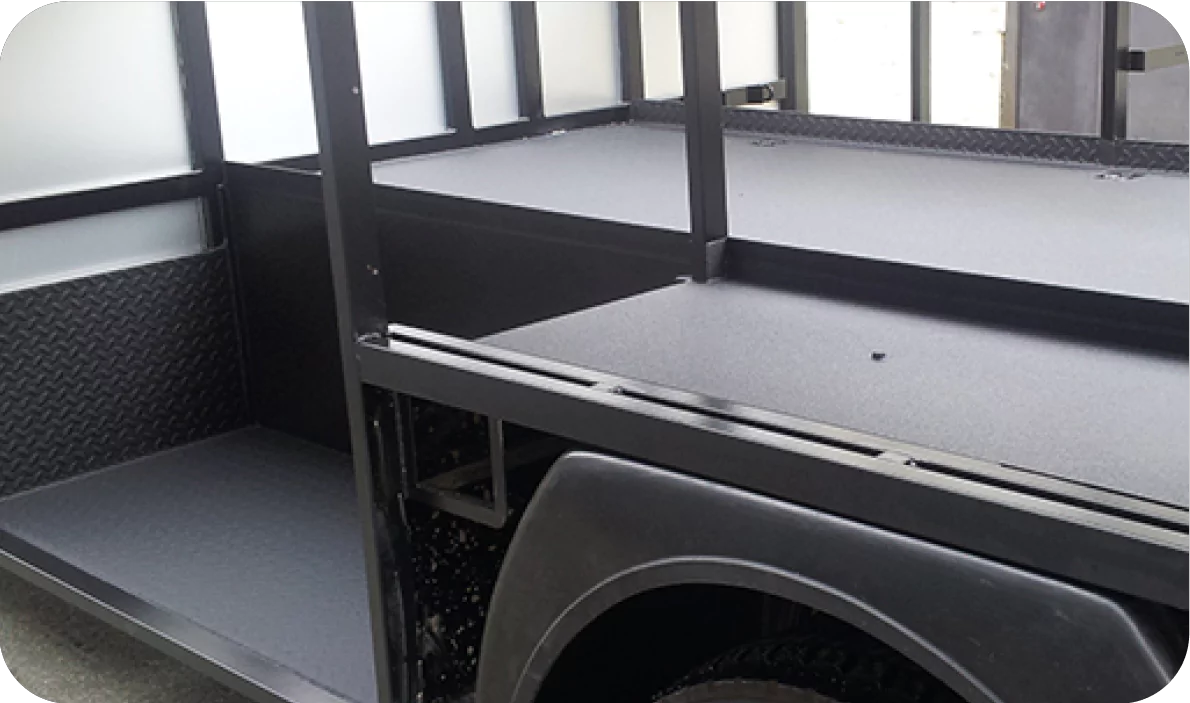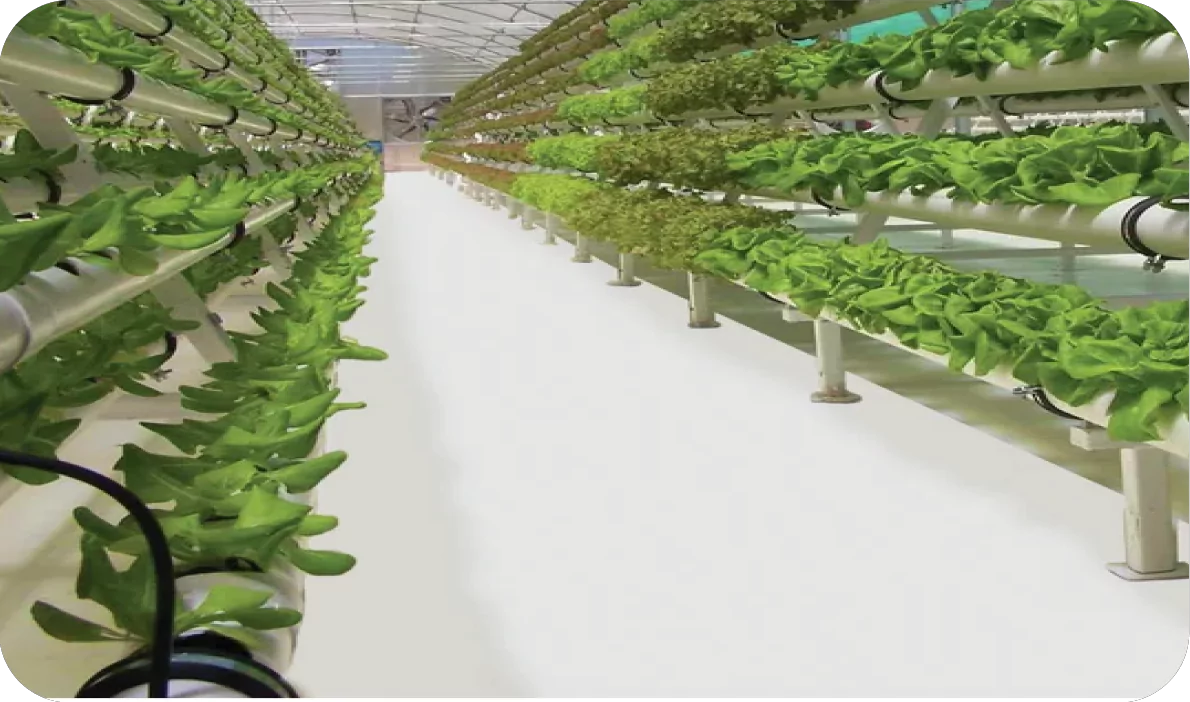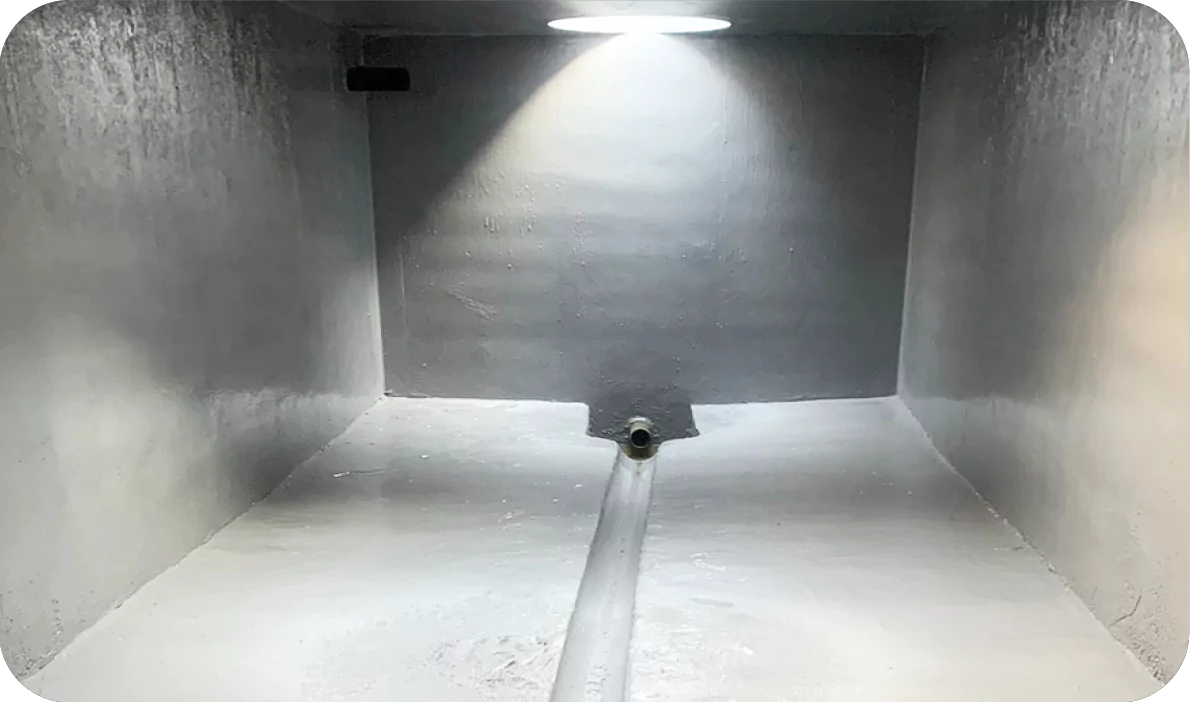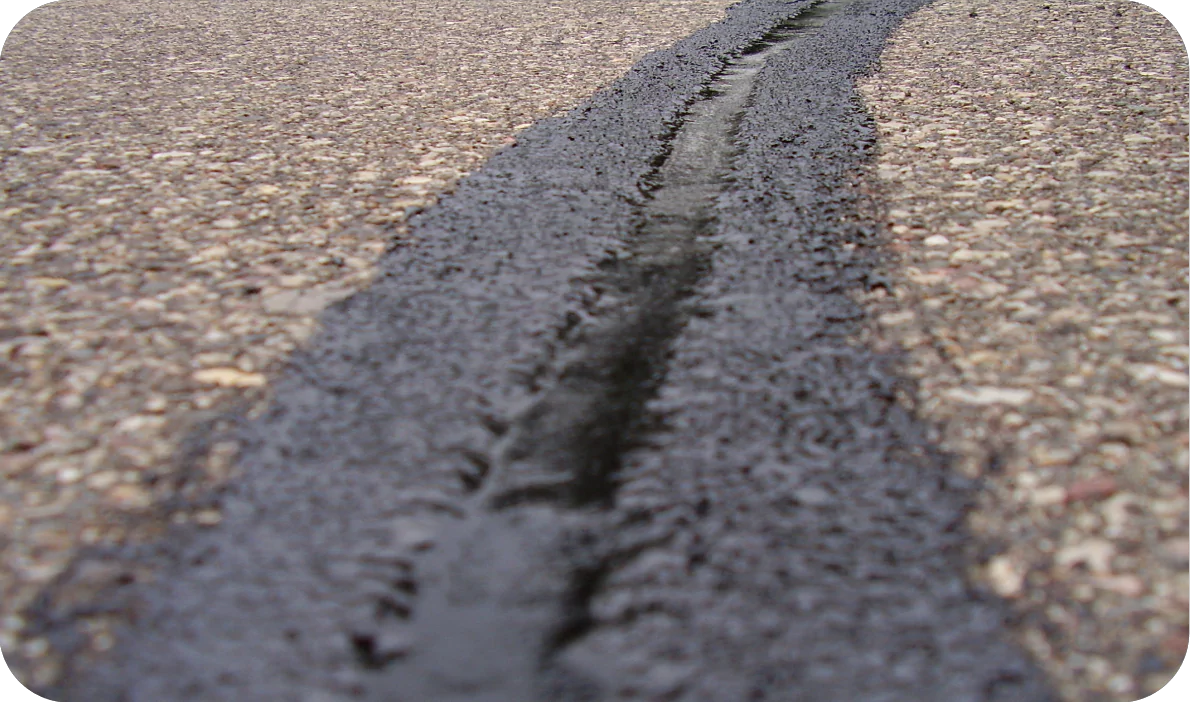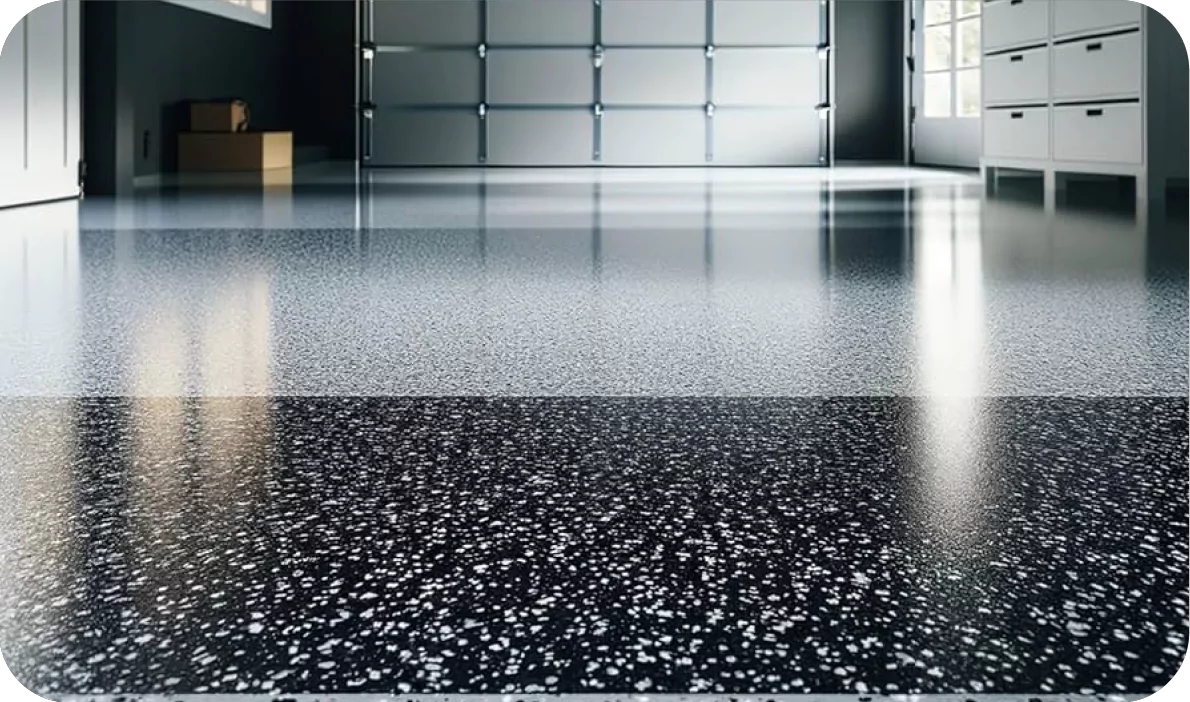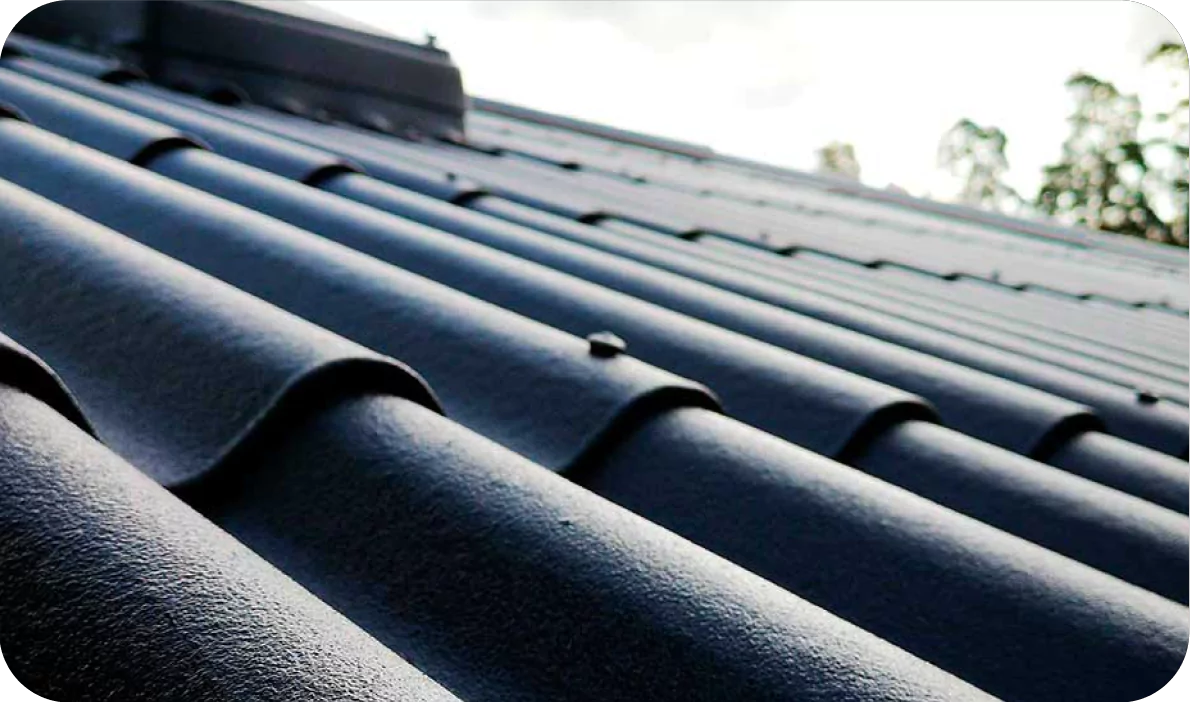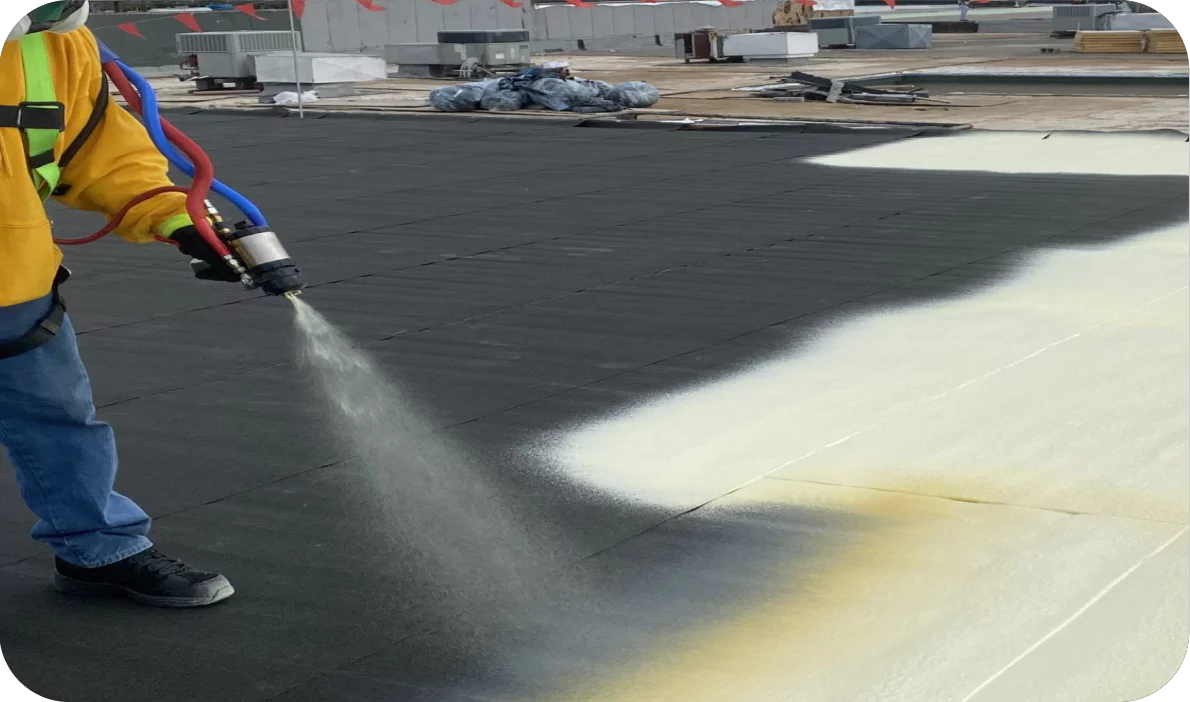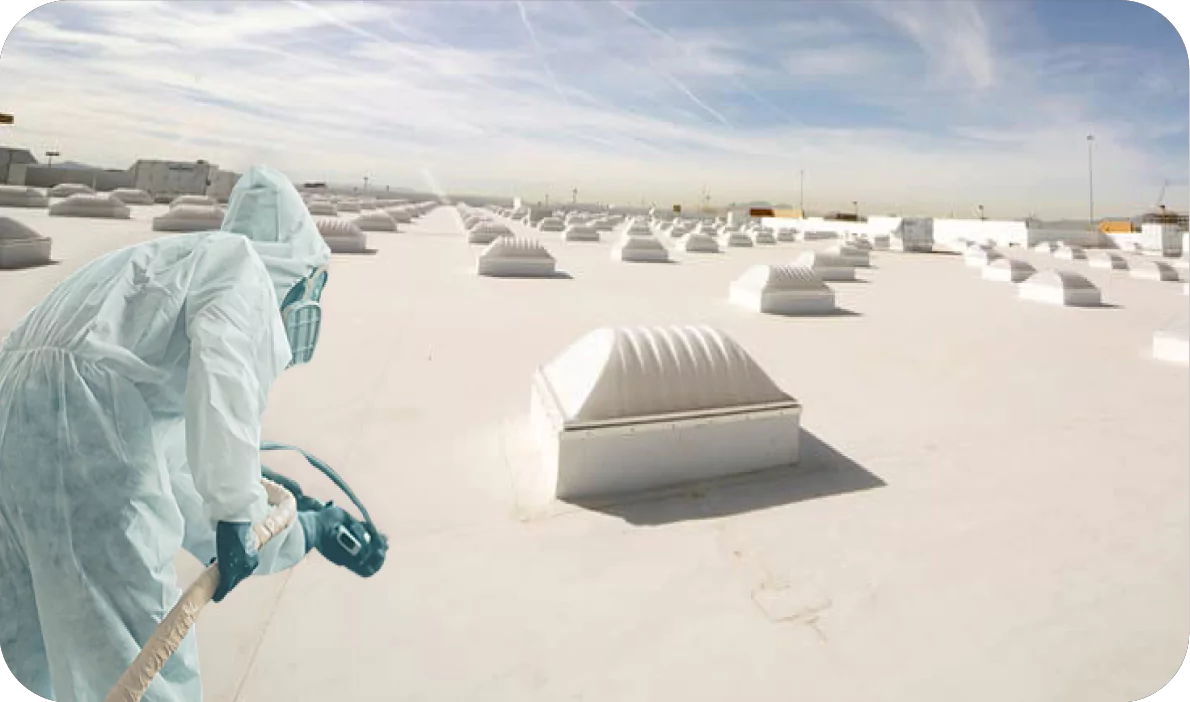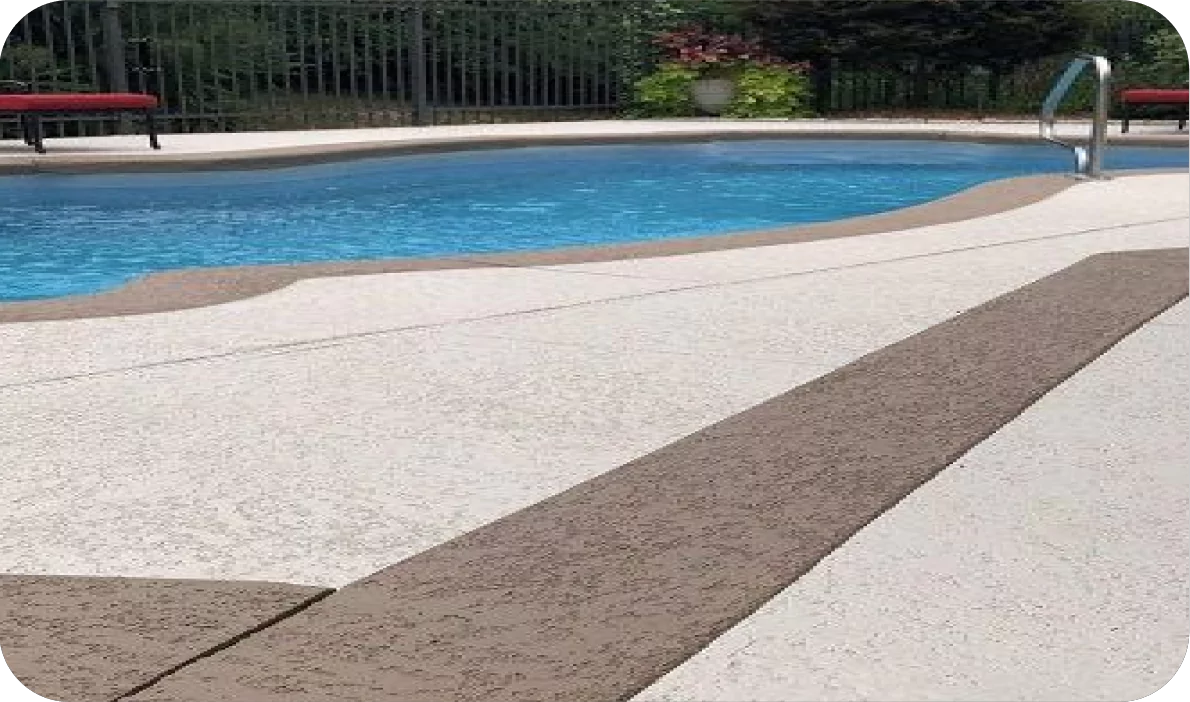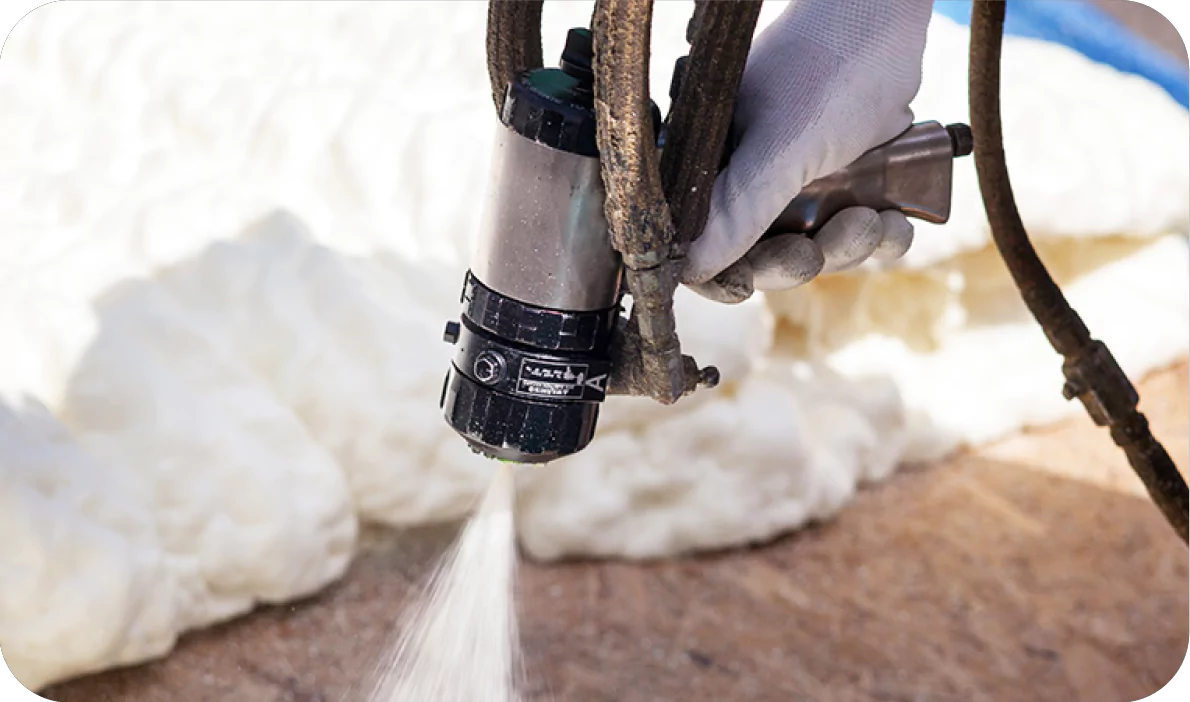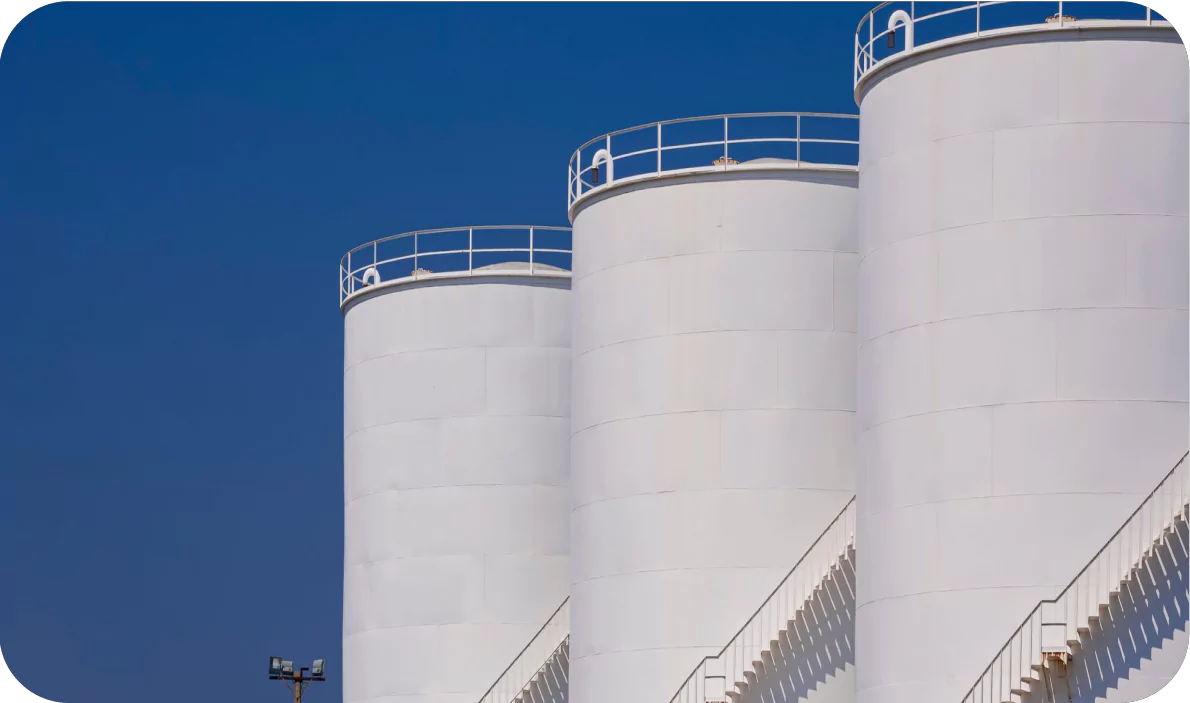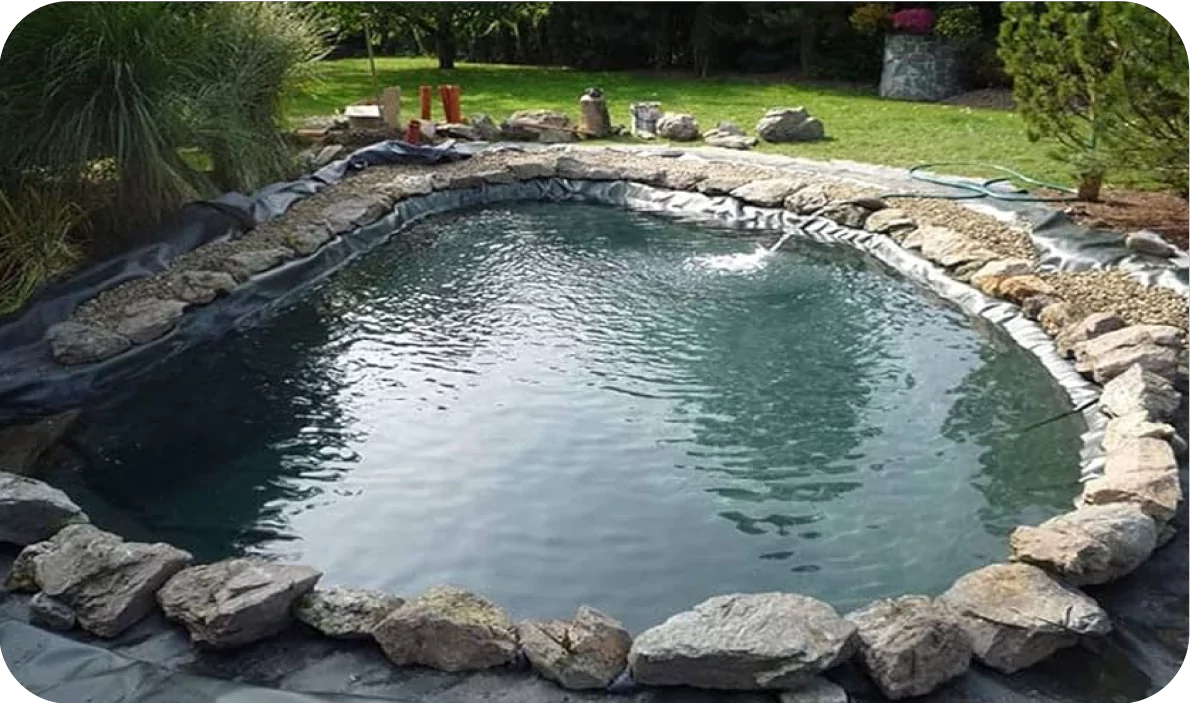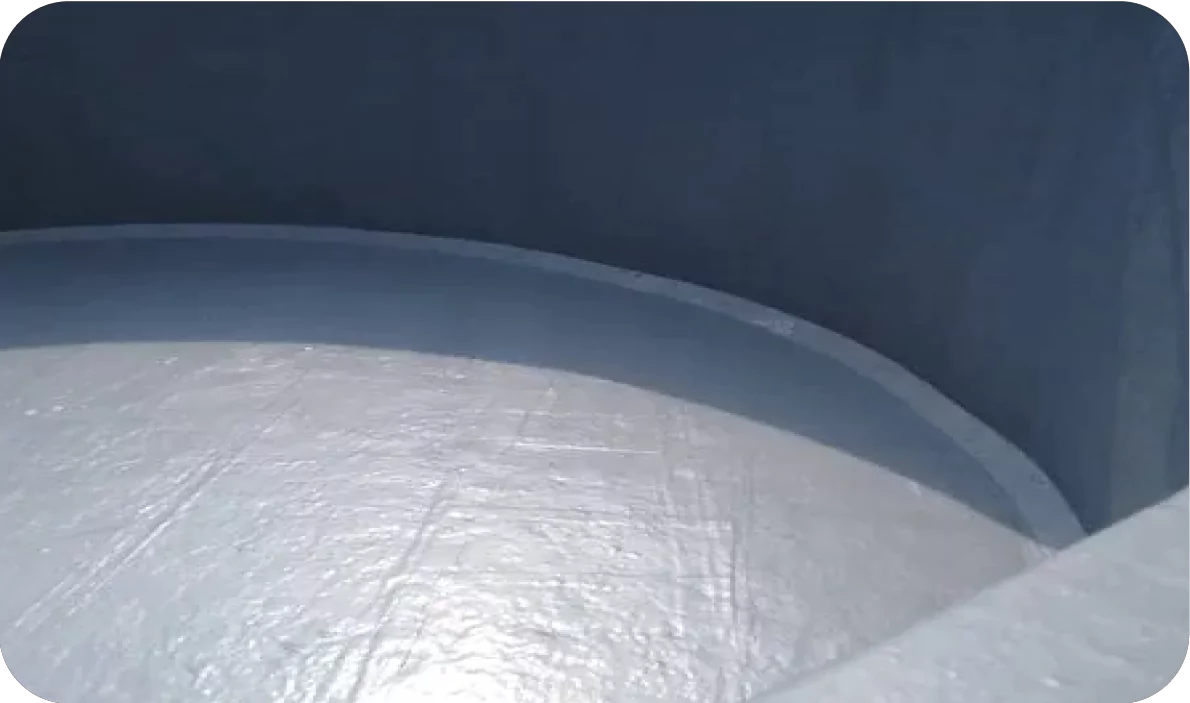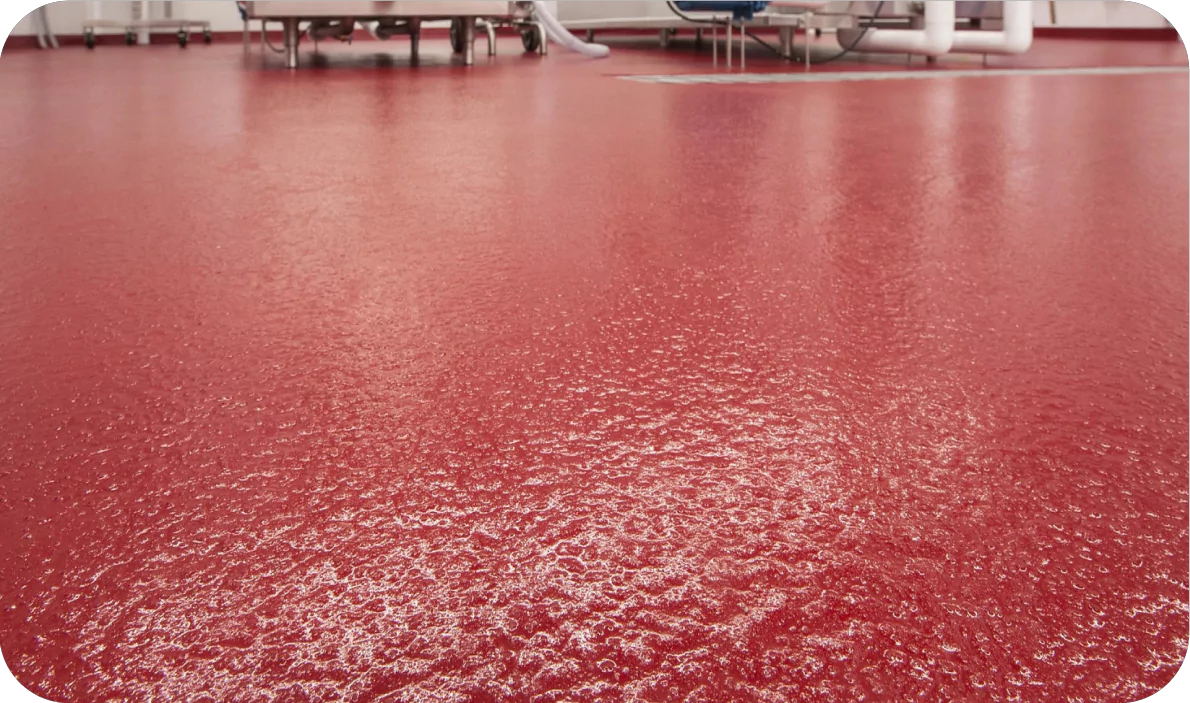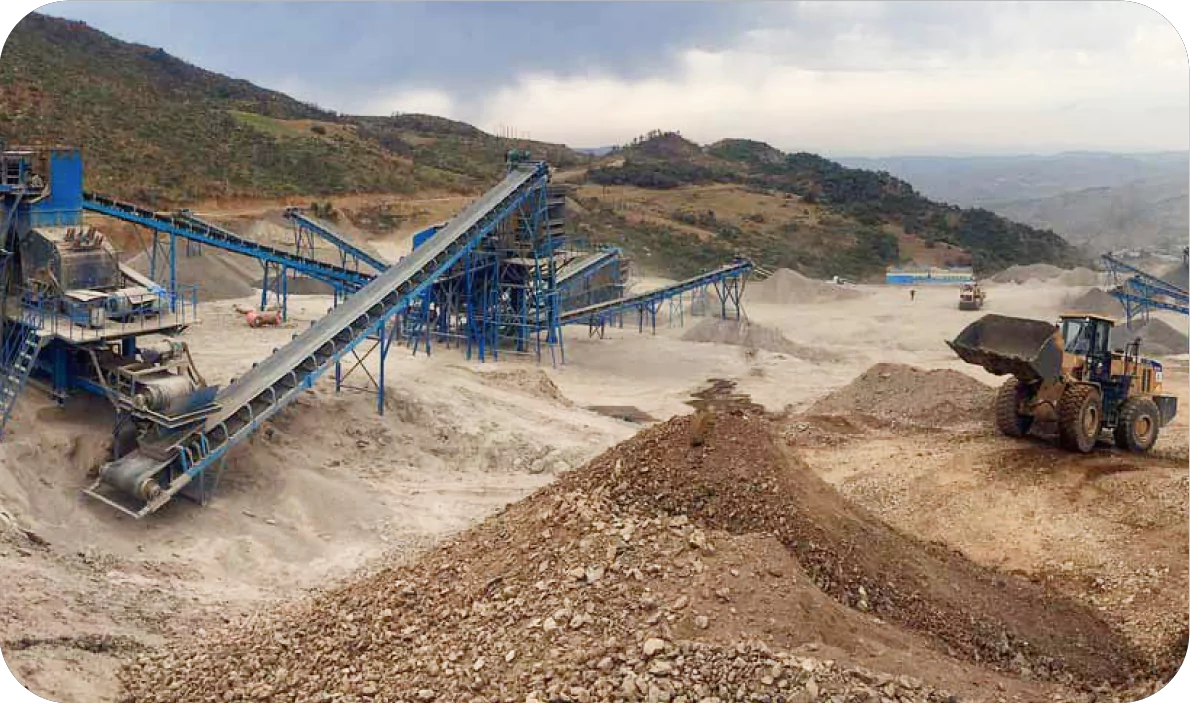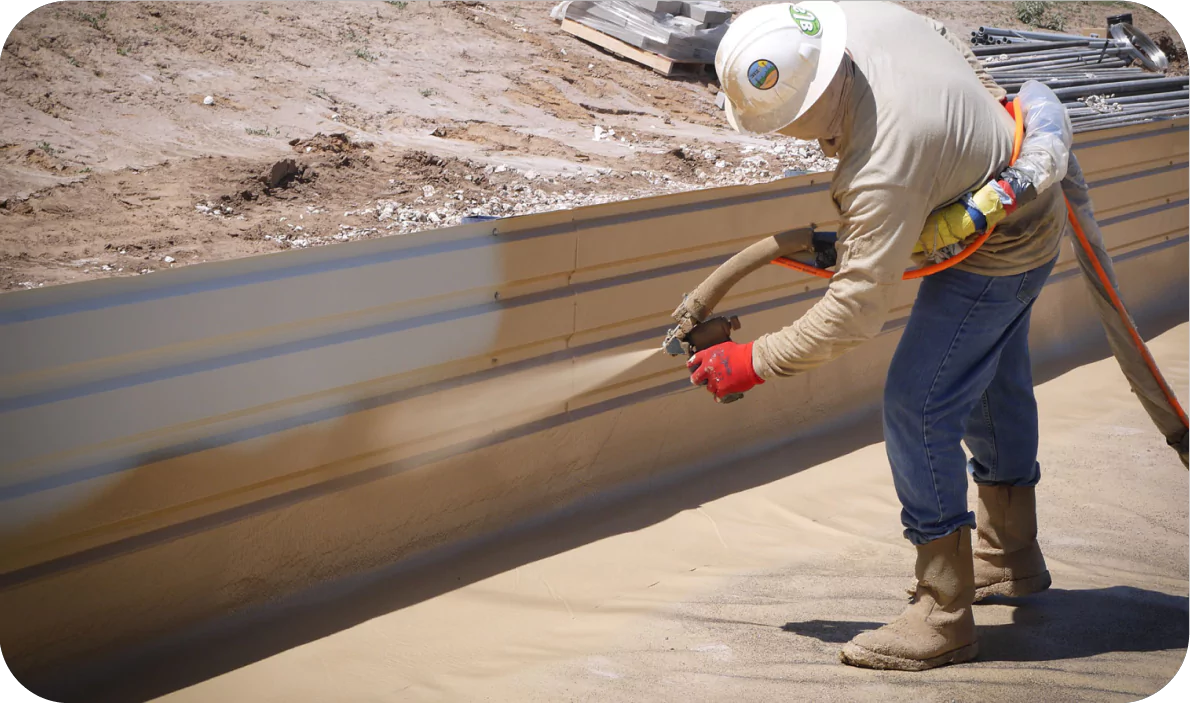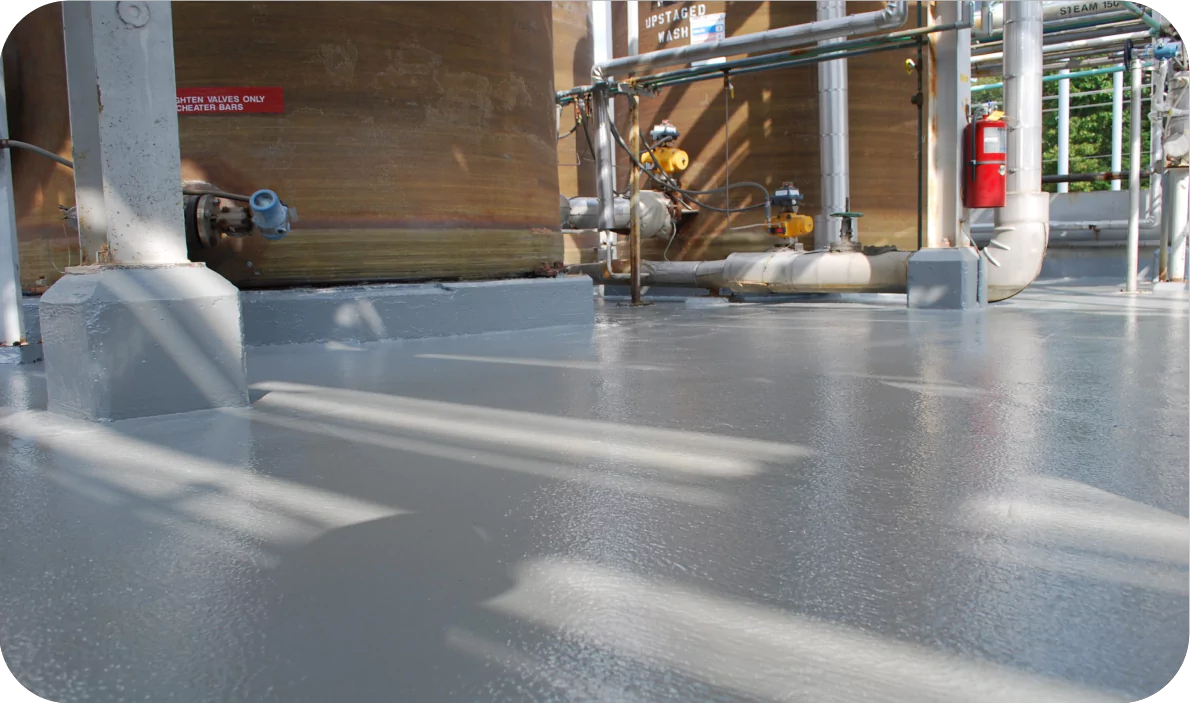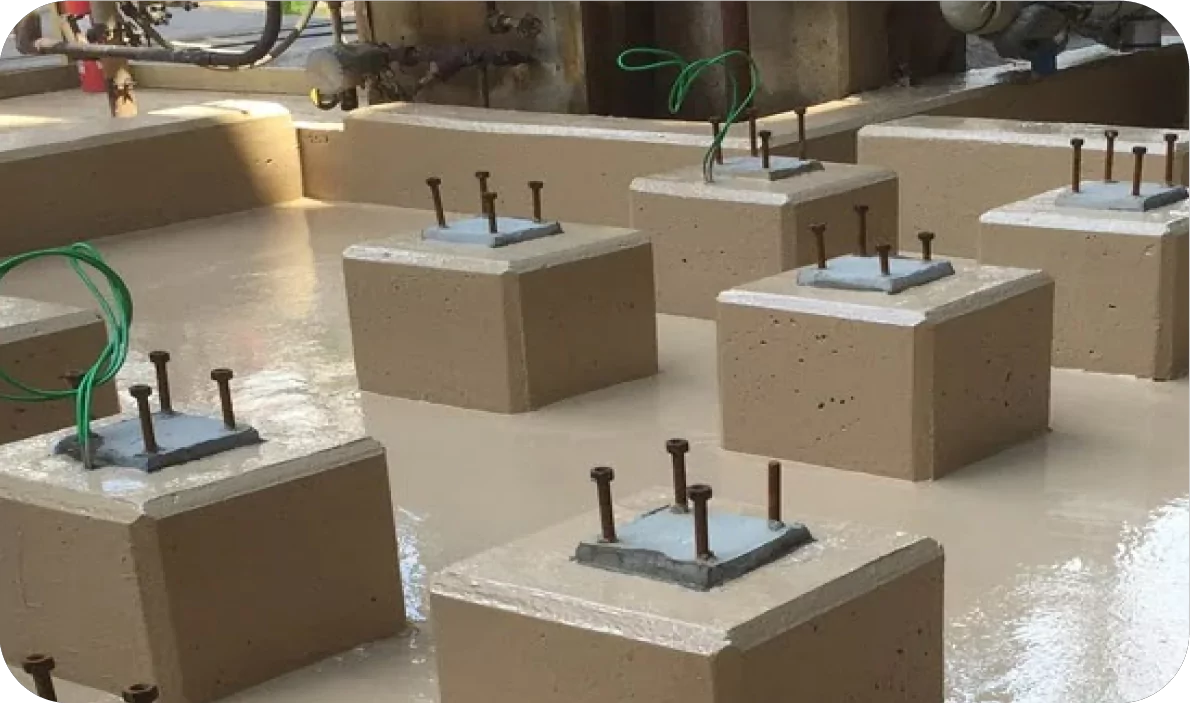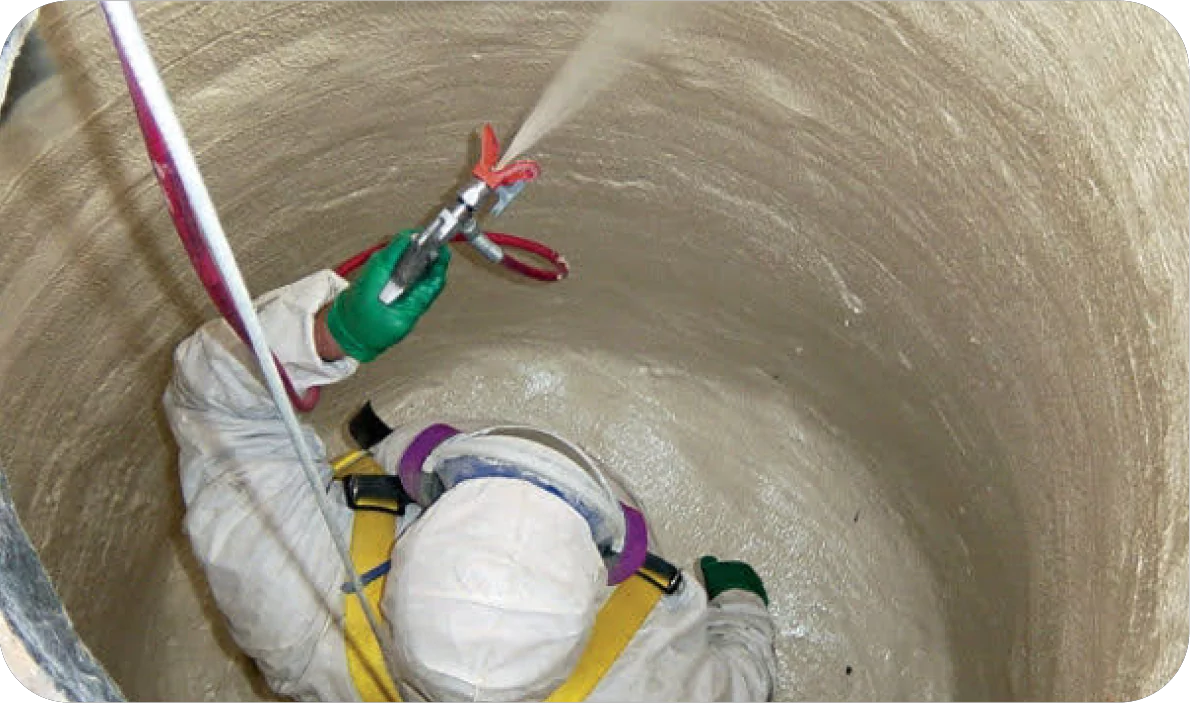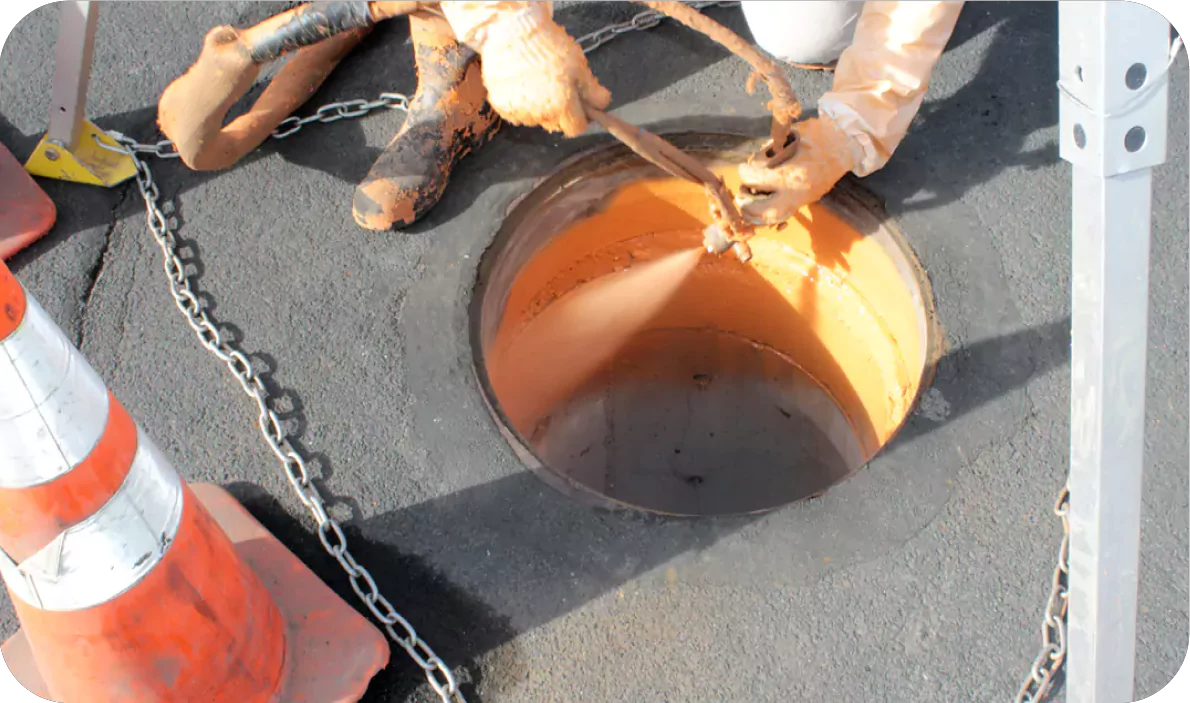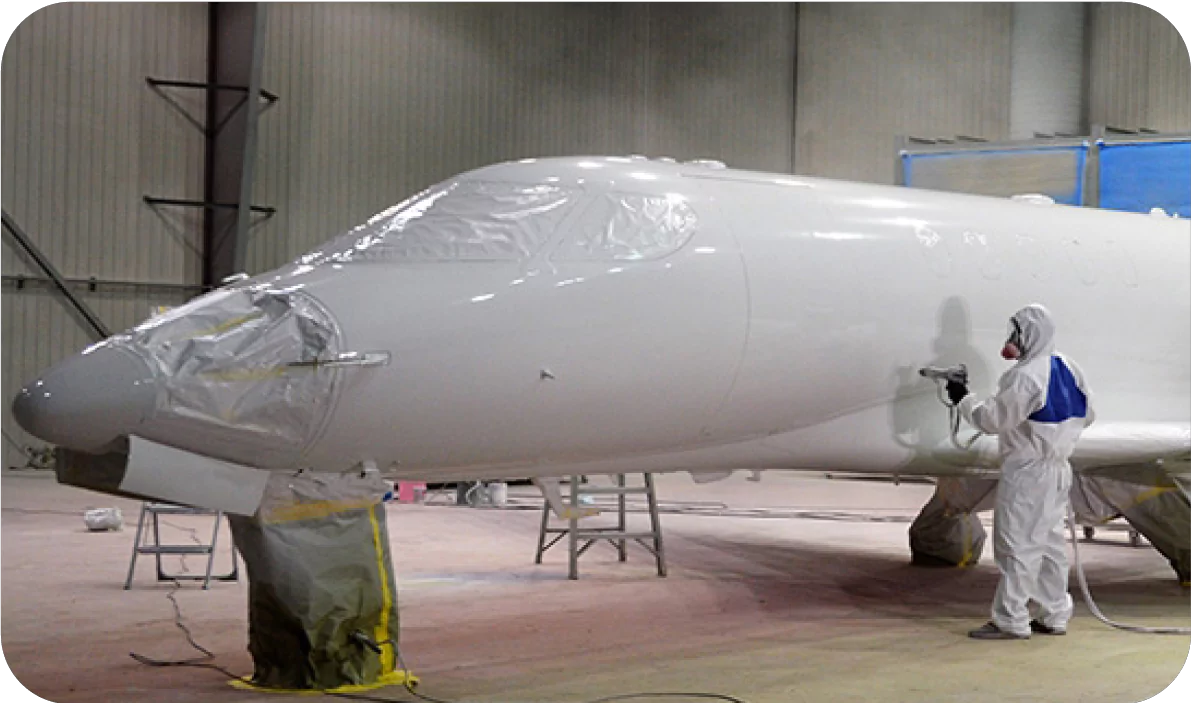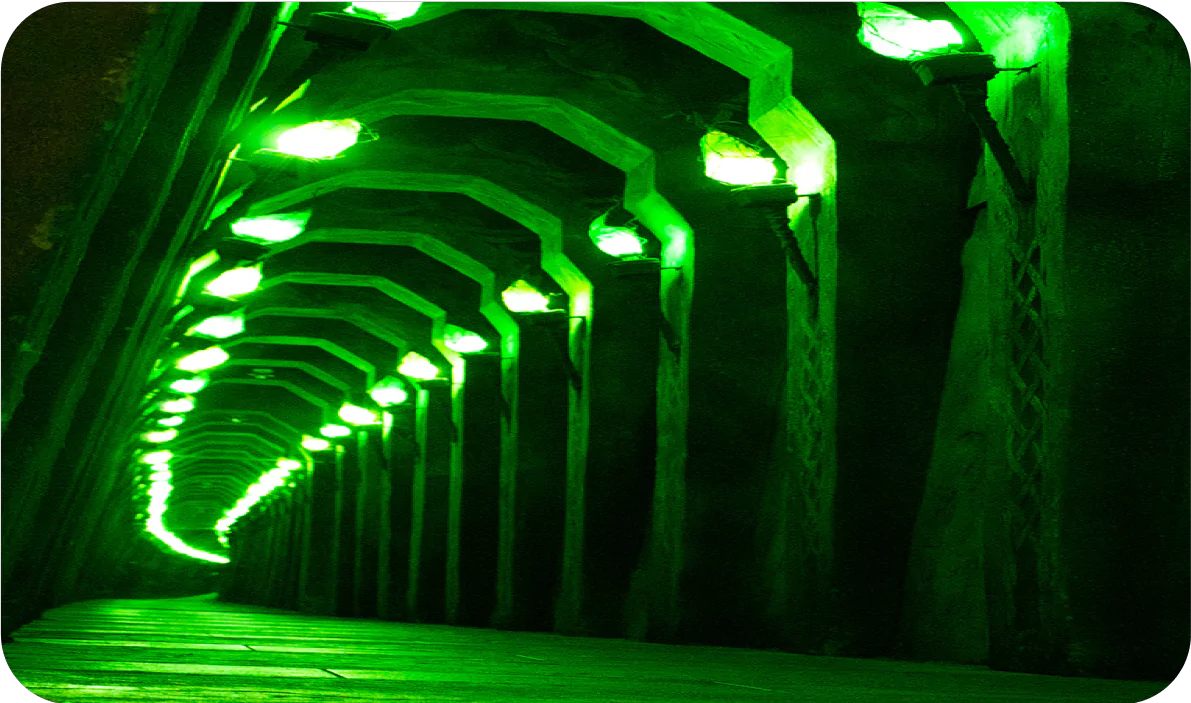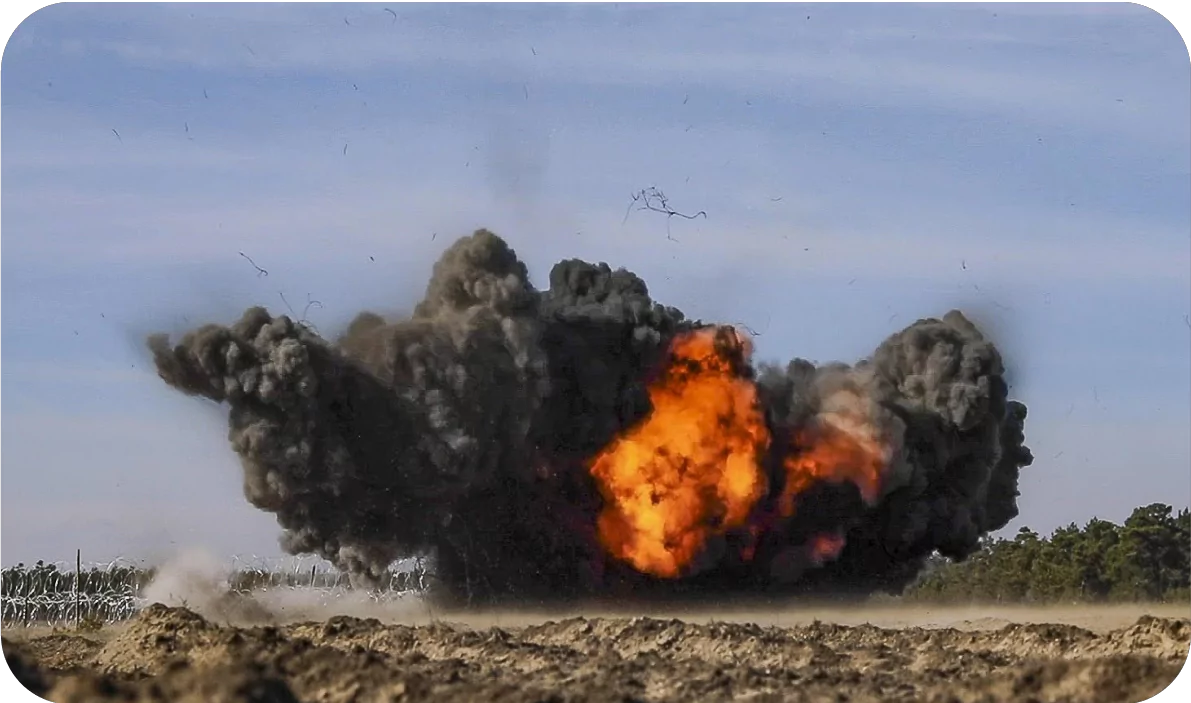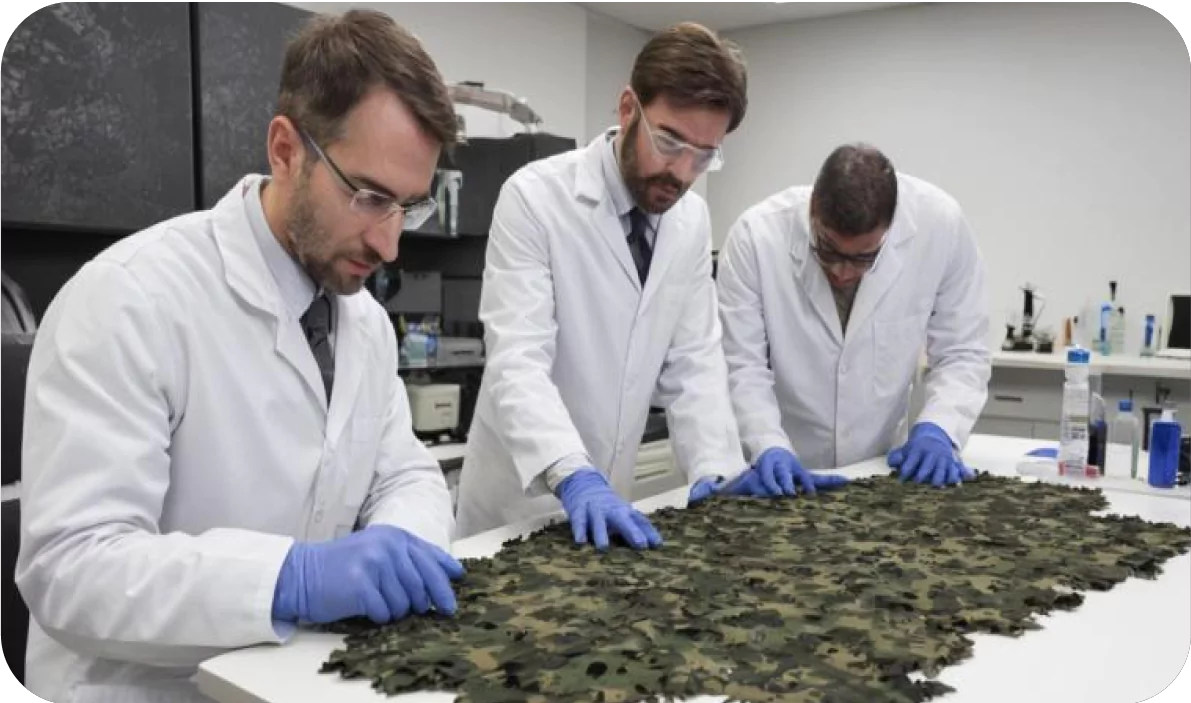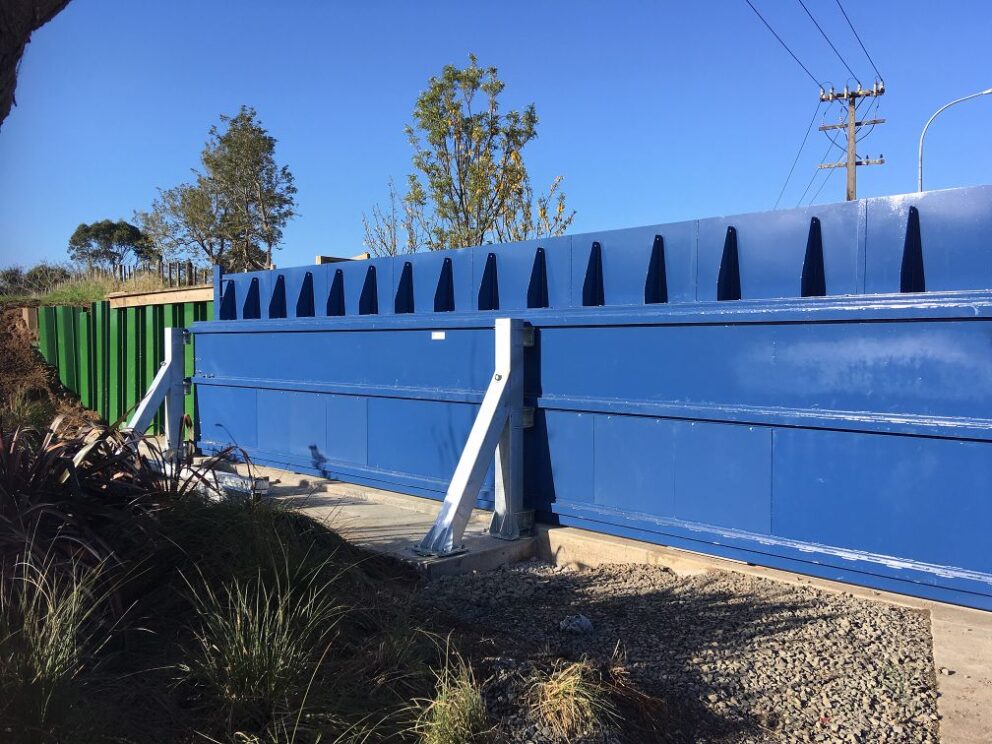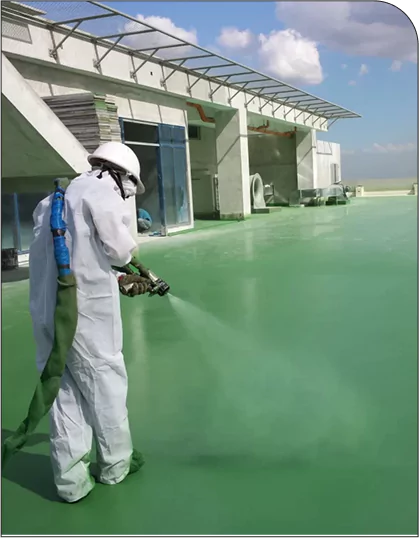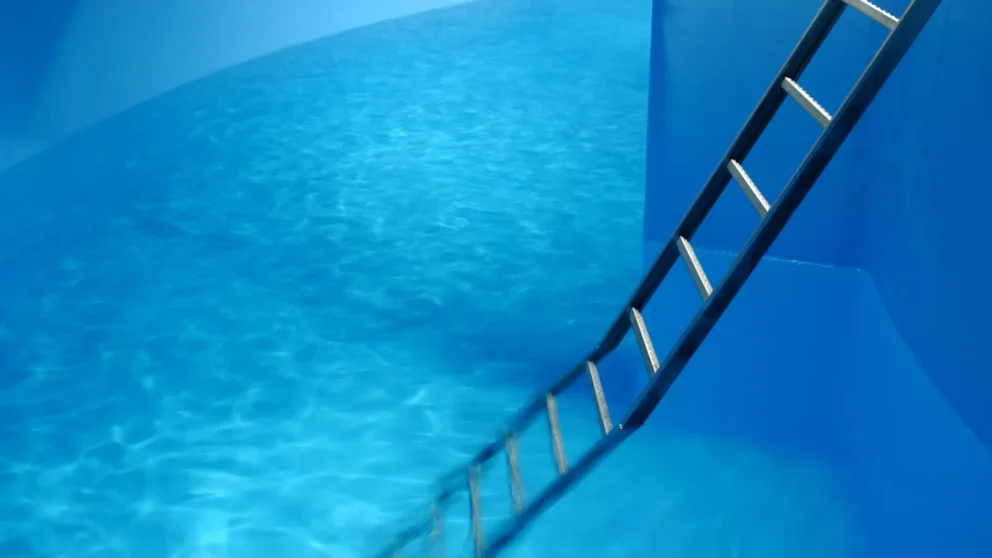CONCRETE TANK WATERPROOFING
WHAT IS CONCRETE
TANK WATERPROOFING?
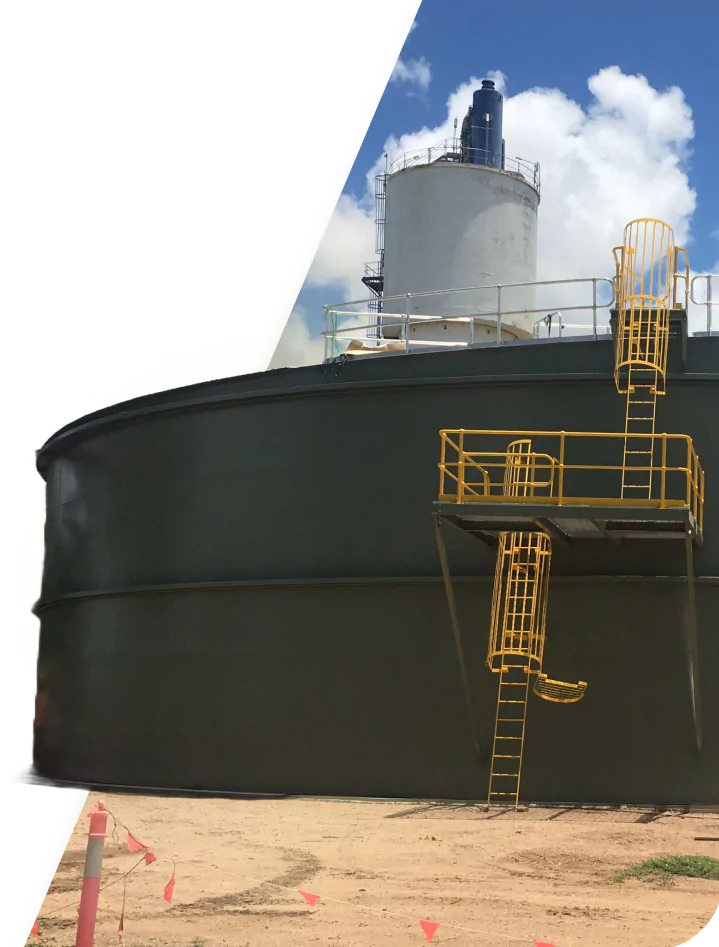
WHY CHOOSE POLYUREA FOR
CONCRETE TANK WATERPROOFING?
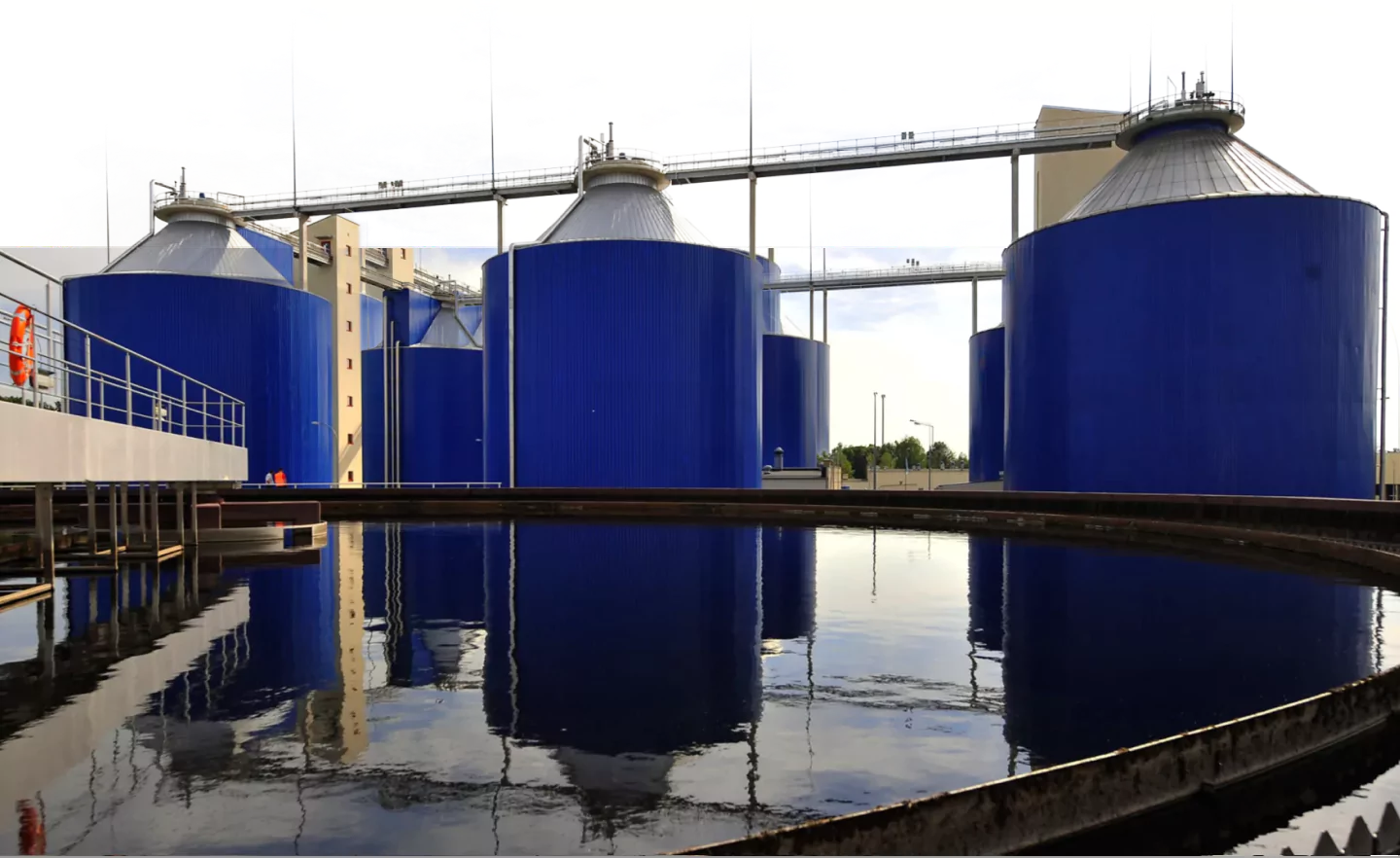
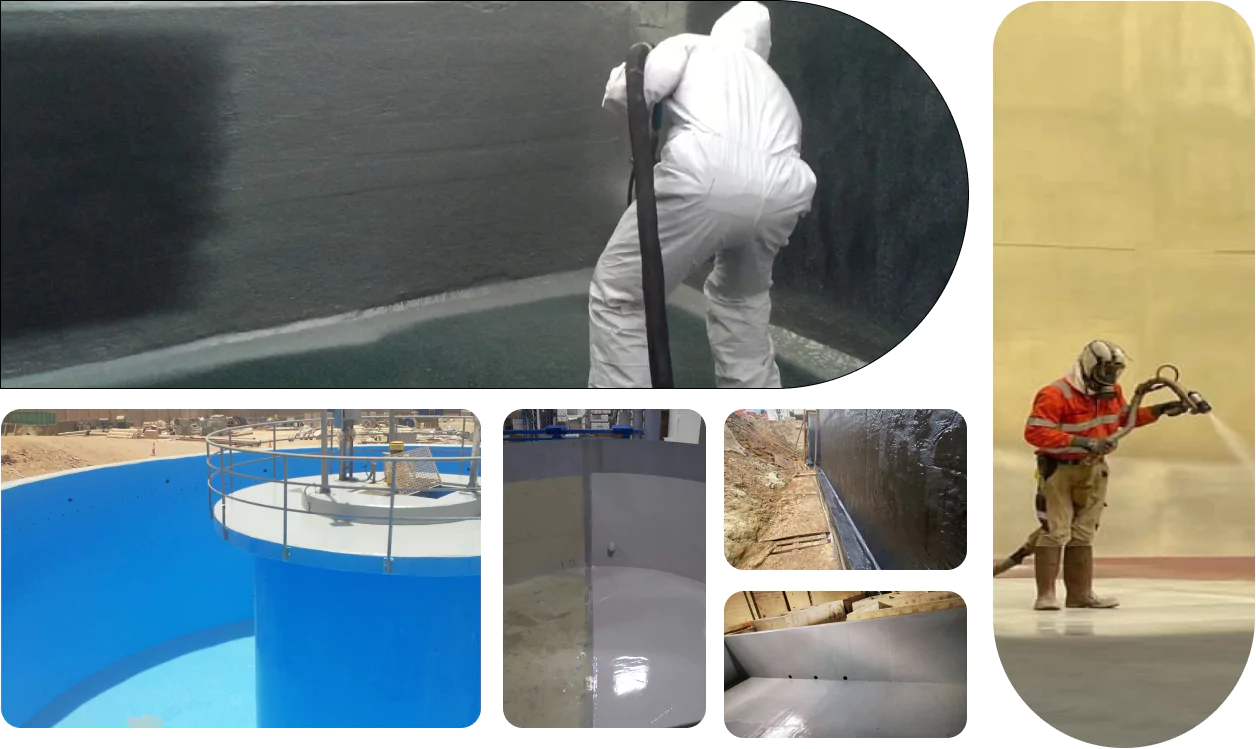
TYPES OF WATER TANKS USING
POLYUREA PROTECTIVE COATINGS
- Potable concrete water tanks, which serve to store and protect drinking water.
- Stormwater tanks that help manage water runoff and prevent flooding.
- Penstocks can be described as intake structures that help efficiently flow fluids and water in power plants, dams, wastewater treatment facilities, and hydroelectric power plants.
- Industrial and domestic wastewater centers responsible for water purification and distribution.
- Water systems for nuclear power plants, fundamental to their regular and controlled operation.
- Effluent tanks used in the petrochemical industry for oil and gas extraction.
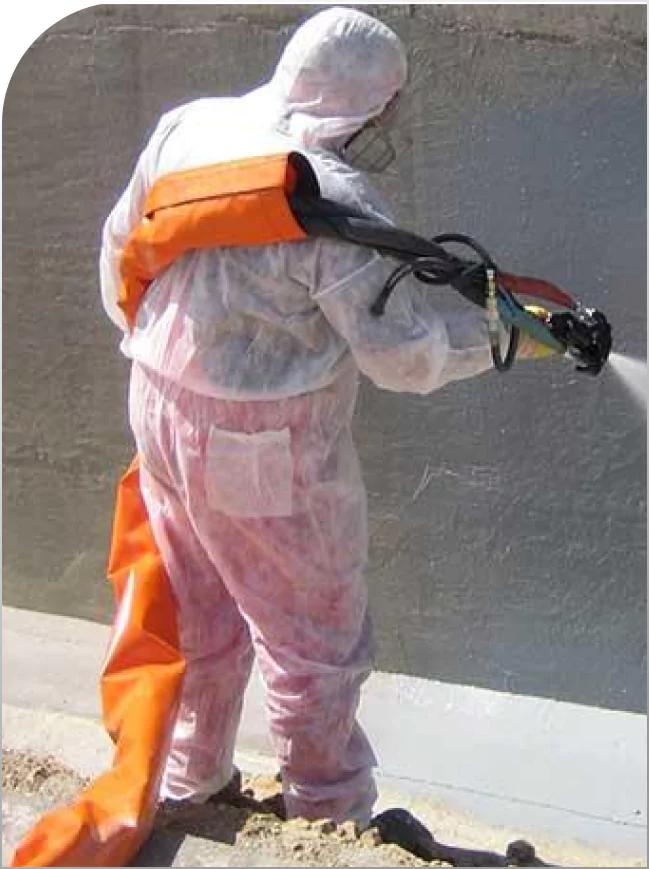
WHERE TO FIND
POLYUREA WATERPROOFING
PRODUCTS?
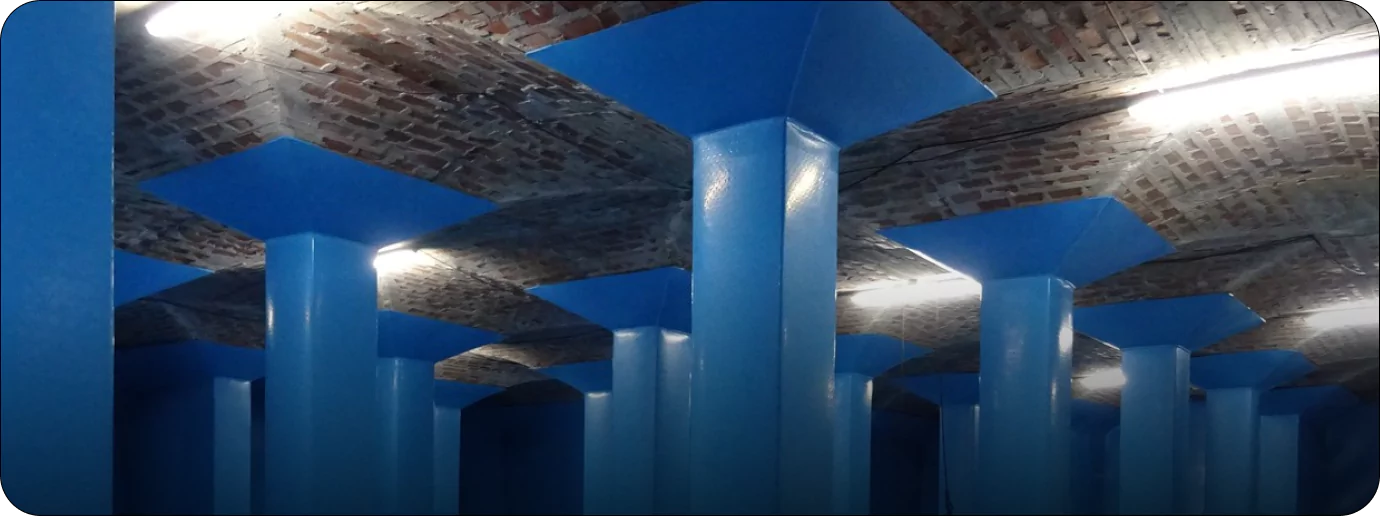
FAQ FREQUENTLY ASKED QUESTIONS
Ultimately, there’s no one-size-fits-all solution for protecting or waterproofing concrete tanks, and thus we see wide ranging technologies employed for concrete tank waterproofing. However, for the best and most versatile coatings perfect for nearly any surface, and for any application, polyurea remains far and ahead. Polyurea is strong, flexible, safe, and long-lasting, making it the premier waterproofing solution.
As they say, nothing is certain except death and taxes! Likewise, nothing lasts forever, but some things last for a very, very long time. This includes polyurea concrete tank waterproofing, which can provide robust waterproofing for up to several decades or more, with little to no maintenance. So while not technically permanent, with proper application, polyurea coatings can outlast the lifetime of even the structures they protect!
Concrete water storage tanks make for safe and durable containers, perfect for storing everything from wastewater to potable water. However, without protection and maintenance, concrete tanks can crack or leak, causing operational delays, safety concerns, and often huge expenses. Polyurea waterproofing can help prevent cracks and leaks, and protect concrete water tanks from myriad other risks and stressors, inside and out.
FIND OR BECOME AN APPLICATOR






